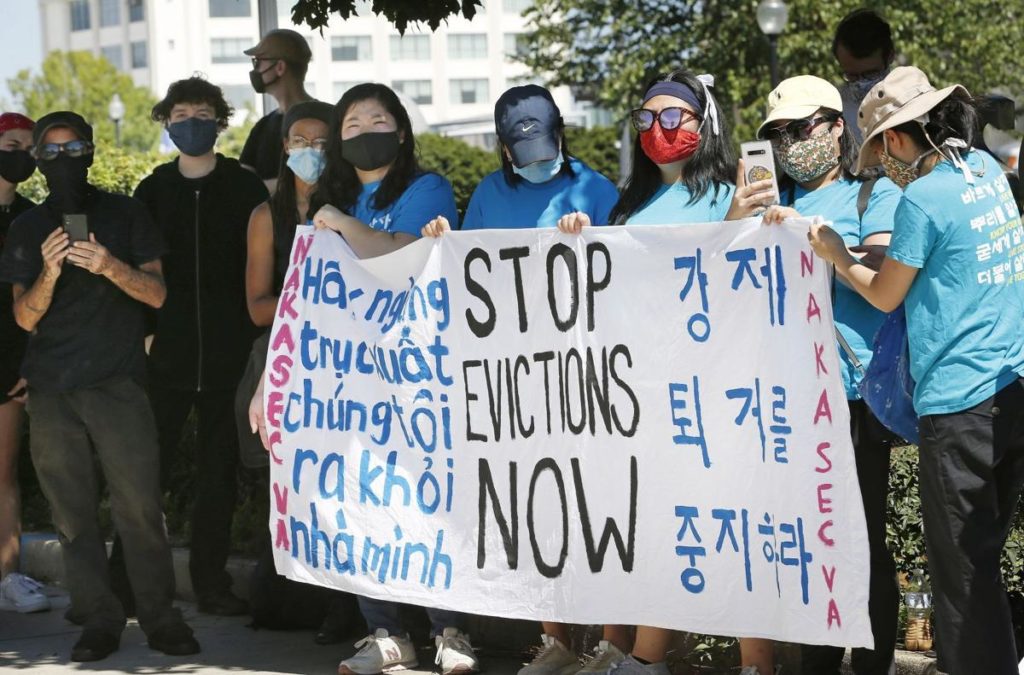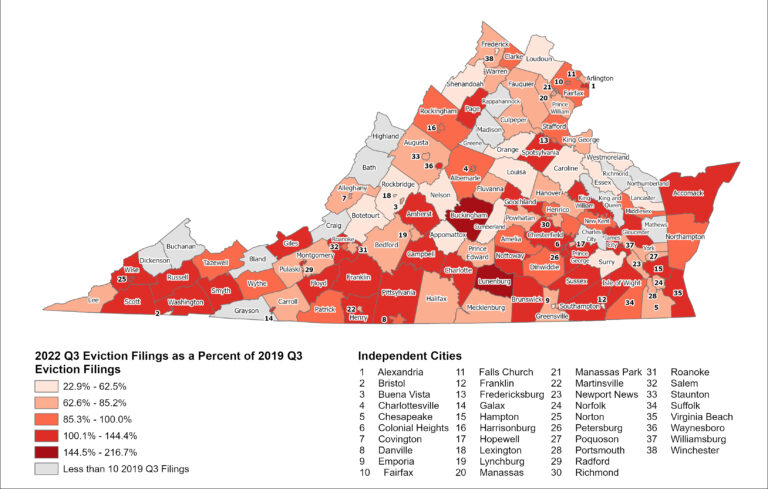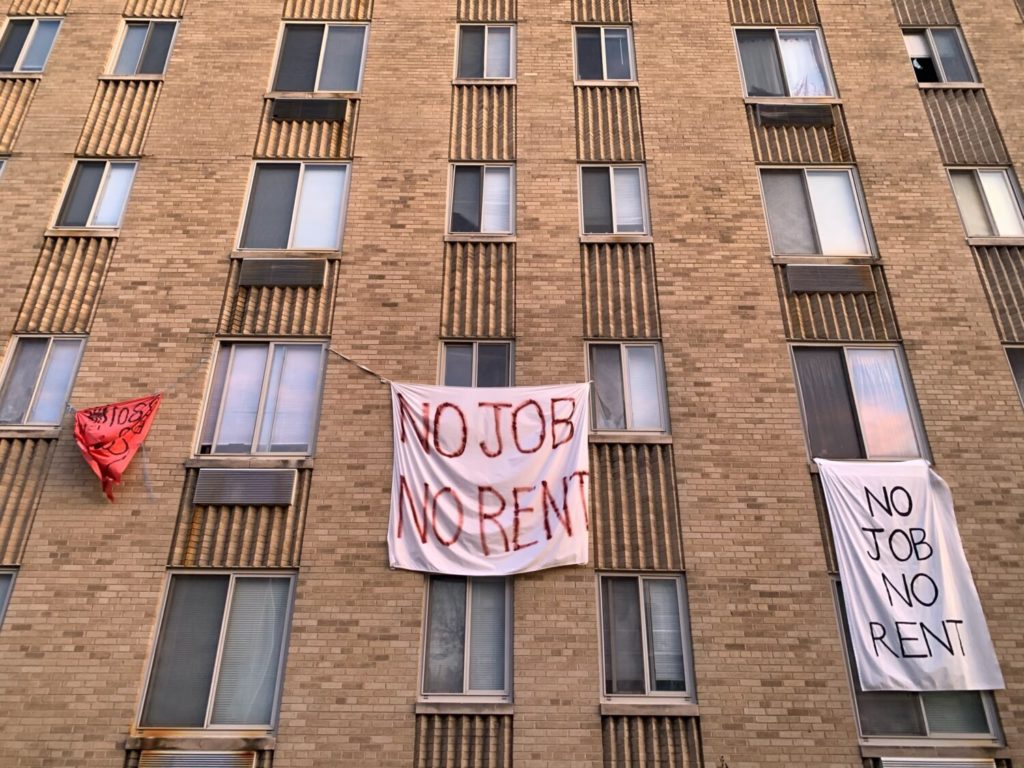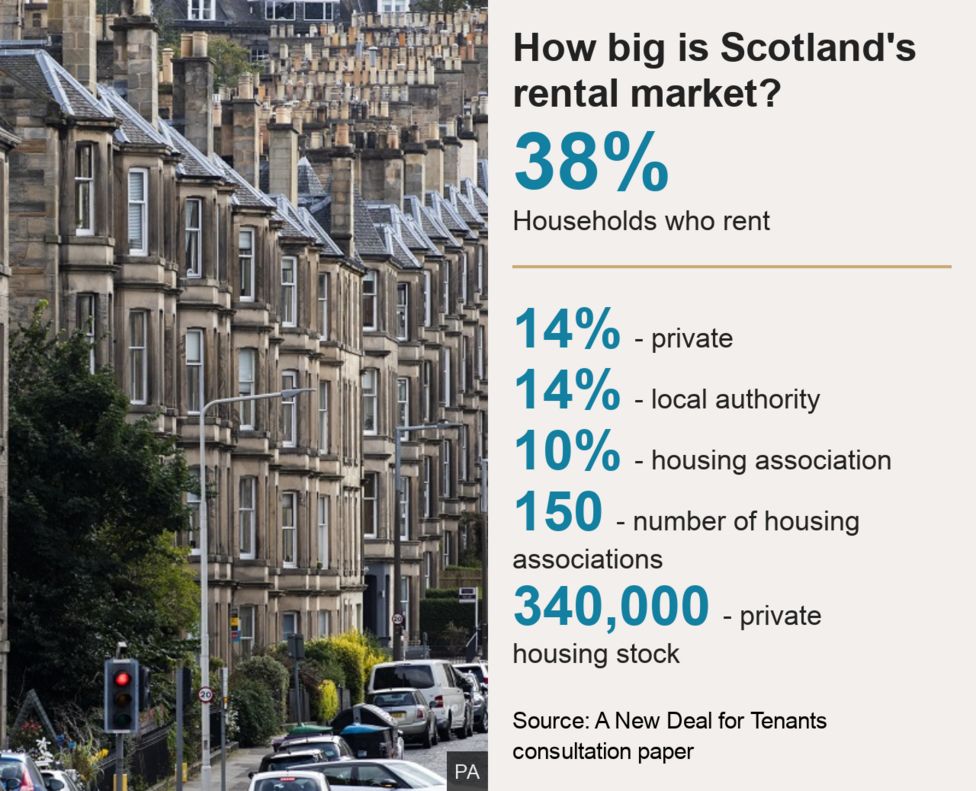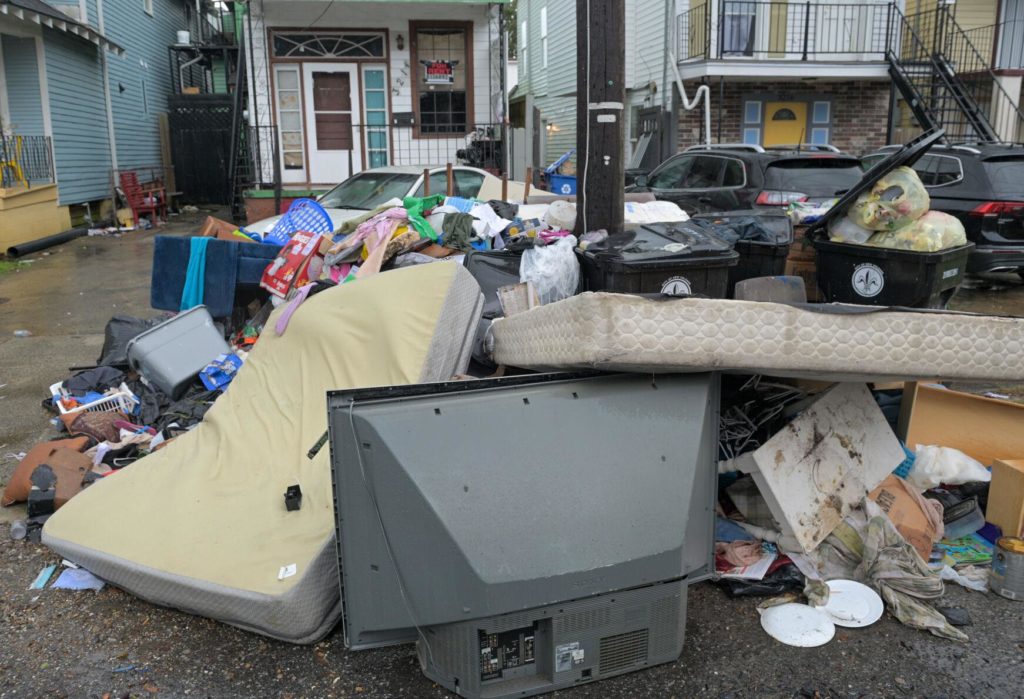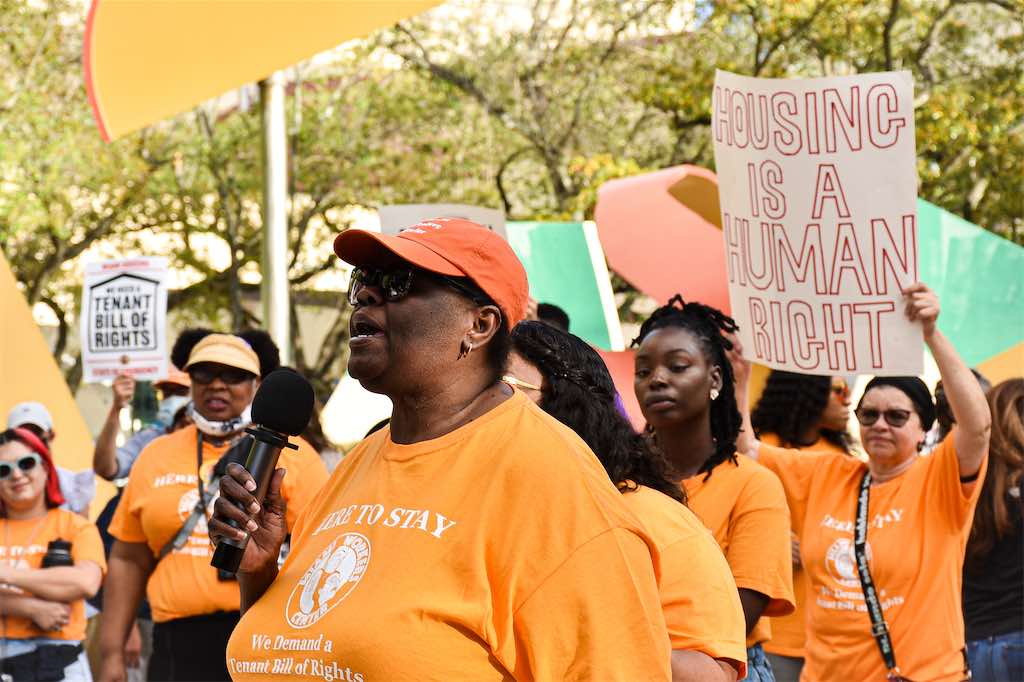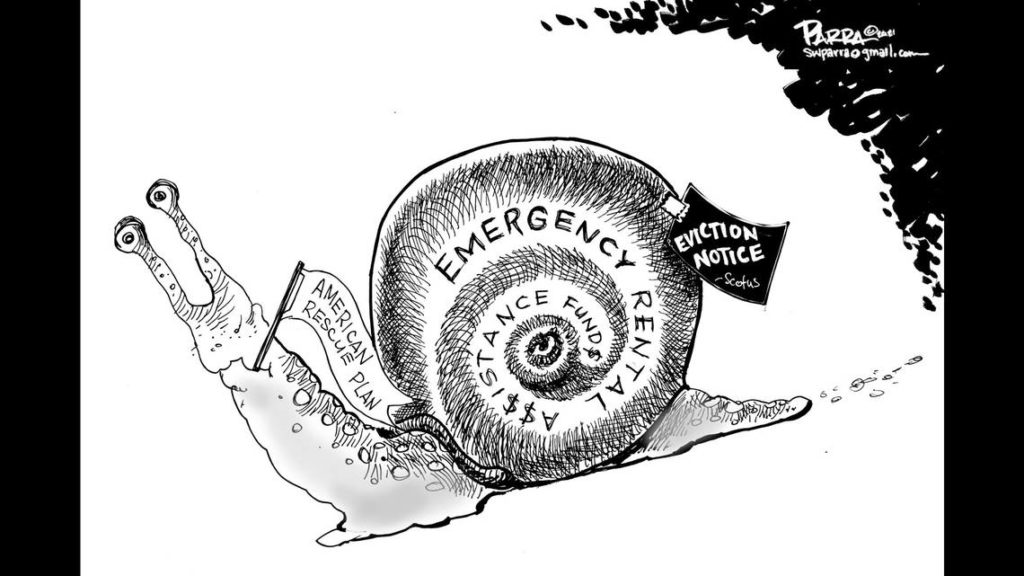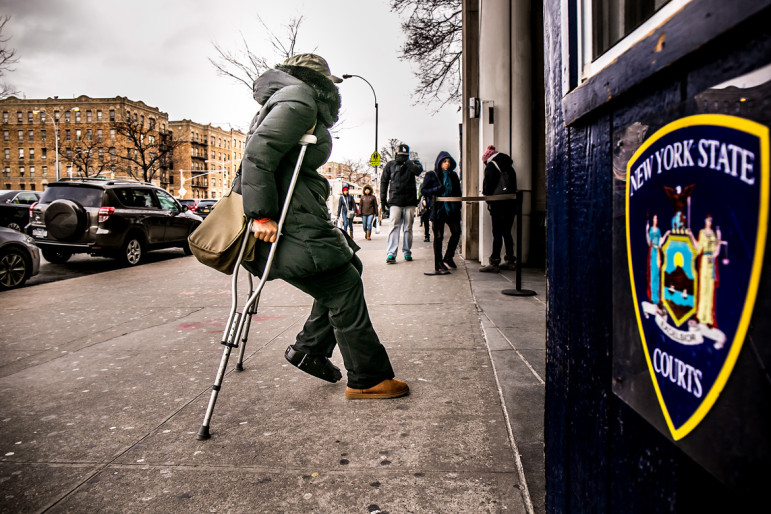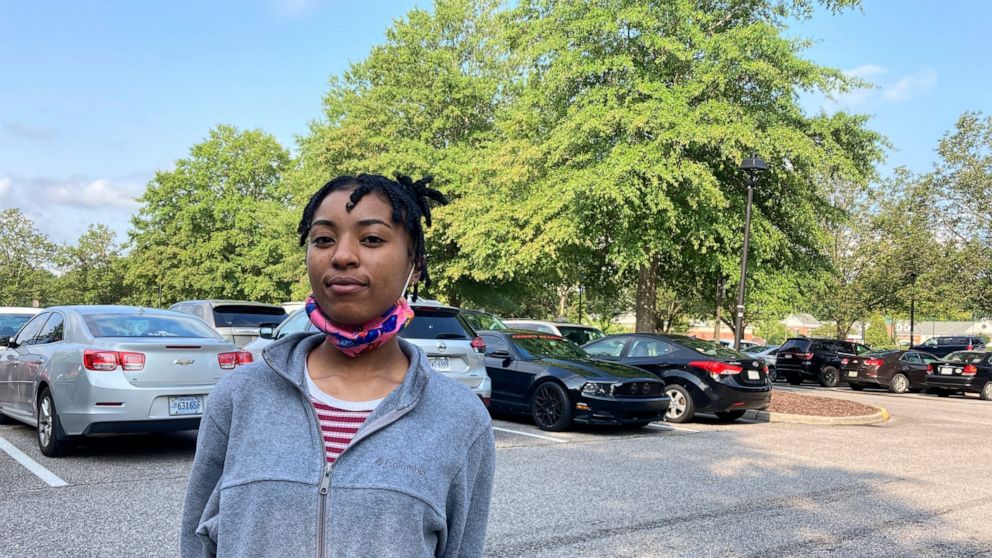
Across the country this week, eviction filings are skyrocketing, evictions are spiking. In over 500 counties, evictions are now over their historical pre-pandemic averages. Evictions in Oklahoma County are 40% above pre-pandemic levels. Eviction filings and evictions are rising to and often exceeding pre-pandemic levels in Detroit, Michigan; Richmond, Virginia; Akron, Ohio; Nashville, Tennessee. From Virginia to Illinois to Californiaand all points between and beyond, mobile home park residents face rapidly rising rents and, again spiking eviction filings and evictions. Much of this is due to a `new breed’ of investors in the rental market, corporate investors and hedge funds, for whom, as one Richmond, Virginia, resident put it, “I’m not looked at as a human being. I’m looked at as a dollar sign”. Along with all the eviction filings and eviction proceedings, there is another multitude of people who, faced with steeply rising rents, move out. They don’t `decide to move’, they are forced to move, but because nothing was filed and no sheriffs were called, they don’t even figure in the accounting. These are the so-called `informal evictions’. They are the signature of low- and fixed-income people in the throes of the free market. According to one report today, “homeless shelters are seeing more senior citizens with no place to live.” It’s winter in America. Nowhere to go.
In Columbia Falls, Montana, Lisa Beaty, 64 years old, and her partner, Kim Hilton, 69 years old, report their landlord just doubled their rent. The two live on disability payments. They can’t find anywhere to go, and so Ms. Beaty will move into her daughter’s one-bedroom apartment and Mr. Hilton will move into his … truck. As Ms. Beaty explained, “They’re not evicting me. It’s just that, you know, on a fixed income, I can’t do it.” “That light at the end of the tunnel seems like it’s going out,” added Mr. Hilton.
In some places, people 60 and older are becoming the largest demographic living in shelters. What happens when elders move into homeless shelters, spaces not designed for seniors? As Lisa Sirois, a staffer at the Poverello Center in Missoula, Montana, explains, “As soon as someone is unable to make it to the restroom on their own, regularly transfer on their own, really operate independently, we do have to ask them to leave.” In Bozeman, Montana, an elder was asked “to find an alternative place to stay”. He was later found outside a department store, frozen to death. It’s winter in America.
With nursing homes closing, rents rising, and assistance – such as Social Security, Medicare, and Medicaid – nowhere near adequate to the cost of aging in America, the much-touted return to normal means an attack on the most vulnerable. Today, it’s the seniors, tomorrow … “They’re not evicting me. It’s just that, you know, on a fixed income, I can’t do it.” “That light at the end of the tunnel seems like it’s going out”.
(By Dan Moshenberg)
(Photo Credit: City Limits)
